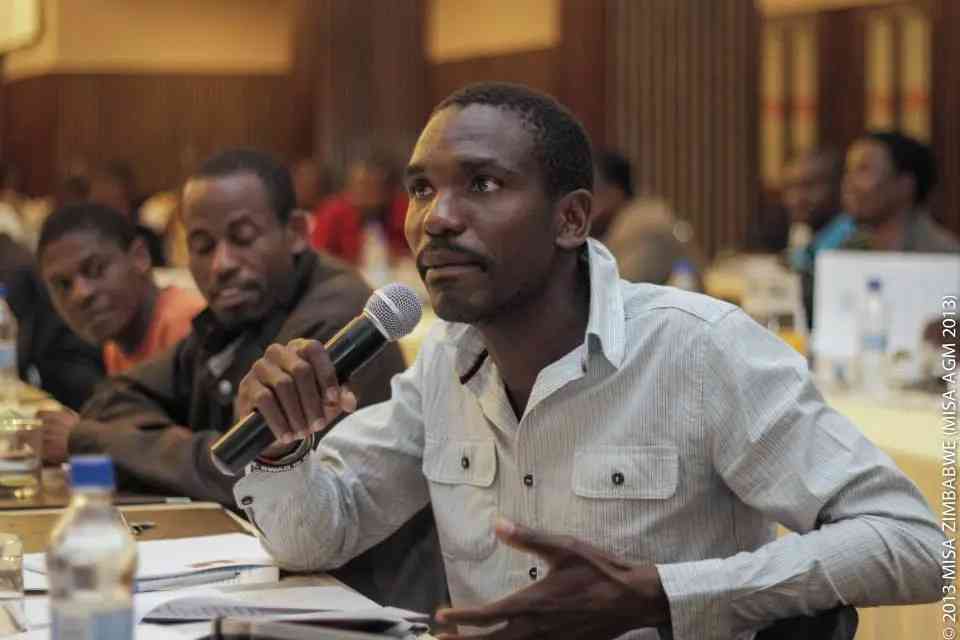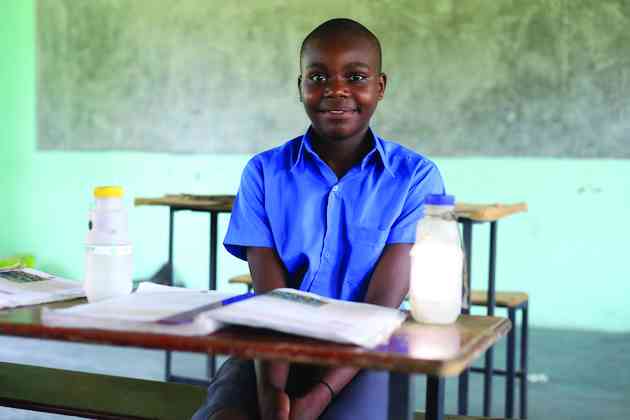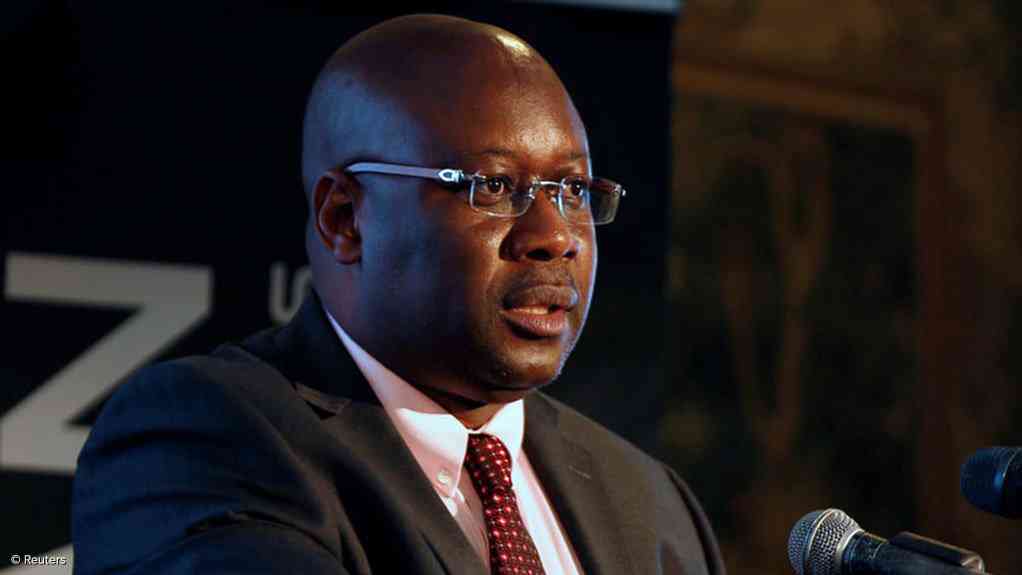
ZIMBABWE’S leading advisory firms and top economists have cautioned that the country's growth prospects are under significant threat from liquidity shortages and a severe drought.
In their analyses of Finance, Economic Development and Investment Promotion minister Mthuli Ncube’s mid-term review of the 2024 budget, experts warned that stronger headwinds could potentially imperil growth targets, which were revised down from 3,5% to 2%.
Ncube attributed his decision to cut projections to factors including the drought and fragile commodity prices. Additionally, power cuts were cited as another challenge hindering growth. While the government has projected a 2% GDP growth for this year, followed by 6% in 2025 and 2026, the African Development Bank (AfDB) forecasts growth to range between 2% and 3,5% for the same period
In a contribution to an X Spaces debate hosted by NewsDay, Chenayimoyo Mutambasere, an economist at the Africa Centre for Economic Justice, highlighted that downturns projected in agriculture would overshadow overall growth prospects.
"You start with agriculture for instance (a key driver), which they have said is now at minus 21% growth deficit . There is a lot of downward trending on the growth figures," she said.
The agricultural sector is expected to decline by 21% this year due to a poor rainfall season. Other leading economists, such as Respect Gwenzi from Equity Axis, also expressed scepticism about the 2% growth target.
"Issuing a currency without paying attention to aspects of possible volatility...would always come to haunt the stability that we are all seeking for," he said.
Stephenson Dhlamini, an academic and economist, pointed to liquidity problems as another fundamental issue affecting growth. Zimbabwe introduced a new gold-backed currency, ZiG, on April 5, and markets are still adjusting to its implications on the economy.
- Renault hands Russian assets to Moscow
- New perspectives: Building capacity of agricultural players in Zim
- News in depth: Mnangagwa’s push for $12 billion mining industry imperils communities
- New perspectives: Building capacity of agricultural players in Zim
Keep Reading
“We were bound to face challenges estimating the adequate supply of the ZiG due to different policy incentives,” Dhlamini said.
“I have also been cautious of the currency substitution risks, which is why the public prefers to hold onto their US dollars instead of the ZiG.”
The new currency has recently been under pressure from the black market after holding steady for three months. Dhlamini noted that apart from currency volatilities, Zimbabwe must address its debt crisis.
During the review period, Ncube revealed that the country's debt had increased to US$21 billion, up from about US$18 billion last year. Zimbabwe’s GDP was estimated at US$57 billion in April. “We need a much clearer strategy for debt management,” Dhlamini said.
“Unfortunately, the mid-term budget review was not quite explicit in the strategies that are going to be applied to try and solve this external debt conundrum.
“We were hoping that there were going to be clear approaches or strategies to try and solve the debt. The tax push that we are feeling is also because of the high debtthat we need to repay in an economy that is also suffering from a financing gap,” he added. Under a plan spearheaded by the AfDB, Zimbabwe and its creditors are exploring a viable debt clearance plan. However, the strategy faced a setback last year when the US pulled out of negotiations, citing a slow pace in implementing reforms.
In an interview with the Zimbabwe Independent, economist Prosper Chitambara said the mid-term budget review took a "measured approach".
He said Ncube focused on stability and gradual reforms rather than making dramatic changes to the fiscal policy framework. Despite economic concerns, the review provided a sense of security and consistency, he said.
"There was no supplementary budget announced, and no major reallocations were made to key sectors like social protection, health, education, and water and sanitation,” he said. "This suggests a steady, cautious approach to managing the country's finances.”
However, Chitambara said the review did highlight some areas of concern, such as the growing debt.
"A concerning issue is the growing indebtedness, especially local debt,” he said.
“Local debt has increased significantly from about US$5 billion in September of 2023 to the current US$8,7 billion.
“So obviously the government has sought recourse to domestic borrowing to finance the deficit. It clouds out the private sector and it continues to worsen our debt situation, our debt wars," Chitambara added.
In an analysis of the budget, IH Securities said it fell short of introducing new measures.
“Despite an increased need for social protection nets…the (Minister of Finance) did not introduce a supplementary budget with the government working hand-in-hand with the private sector and development partners to ensure food security,” the IH analysis said.
“In that regard, the budget deficit for the year is expected to register at 1,3% of GDP ZiG 5,6 billion (US$406 million), keeping within the confines of the stipulated 1,5% of GDP at ZiG5,6 billion (US$406 million).”











